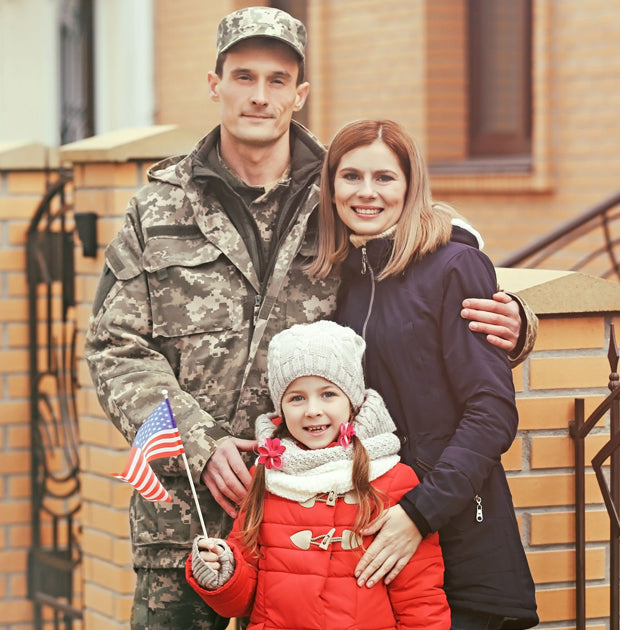New Sleep Studies Part 5: Military Personnel and Sleep Disorders

New Sleep Studies in the Military
New sleep studies are finding relationships between sleep disorders and military service. In particular, two new sleep articles based on the same research have focused on sleep disorders among active duty personnel. “Sleep Disorders and Associated Medical Comorbidities in Active Duty Military Personnel,” and “Wounded In Action: What the Sleep Community can Learn from Sleep Disorders of US Military Service Members,” both published in the journal SLEEP, have implications for anyone considering military service and anyone currently enlisted – as well as for their loved ones.
Sleep Disorders and Sleep Duration
Vincent Mysliwiec, MD, is principle investigator on the study and chief of Pulmonary, Critical Care and Sleep Medicine at Tacoma, Washington’s Madigan Army Medical Center. He told Medical News Today, “The high prevalence of short sleep duration in military personnel with sleep disorders was surprising,” despite the well-known aspect of sleep deprivation as “part of military culture.” Said Mysliwiec, The potential risk of increased accidents as well as long-term clinical consequences … is unknown” – but potentially dangerous. This is the first sleep study to describe primary sleep disorders – “and associated comorbidities” – using standard scientific/medical diagnostic criteria among military personnel.
Study results found that the majority of active military service members studied had a “clinically relevant sleep disorder.” 85.1 percent of participants had a disorder – 51.2 percent were found to have obstructive sleep apnea and 24.7 percent had insomnia, among others. 41.8 percent of the population studied slept less than five hours per night! The mean self-reported time participants slept was 5.74 hours each night, so short sleep duration is a widespread problem among active service members.
The population was pulled from a group (a “cohort”) of military service members who had been referred to medical treatment for sleep problems, so these percentages are probably more elevated than they would be among a random sample of service members. Still, the high prevalence of a couple sleep disorders (sleep apnea and insomnia) among the research population is cause for further study.
Comorbidities
More than half the study participants also presented with another major medical problem, most commonly depression, at 22.6 percent, anxiety at 16.8 percent, post-traumatic stress disorder at 13.2 percent, and traumatic brain injury (mild) at 12.8 percent. Almost a quarter of the population was taking pain medications! The links between sleep and health are well-supported with sleep research; understanding how lack of sleep exacerbates other problems with a return to civilian life may help troubled soldiers and their families navigate the transition with greater ease.
Author Bio: +Michelle Gordon is a sleep expert who researches and writes about sleep and health, and is an online publisher for the latex mattress specialist Latexmattress.org.


